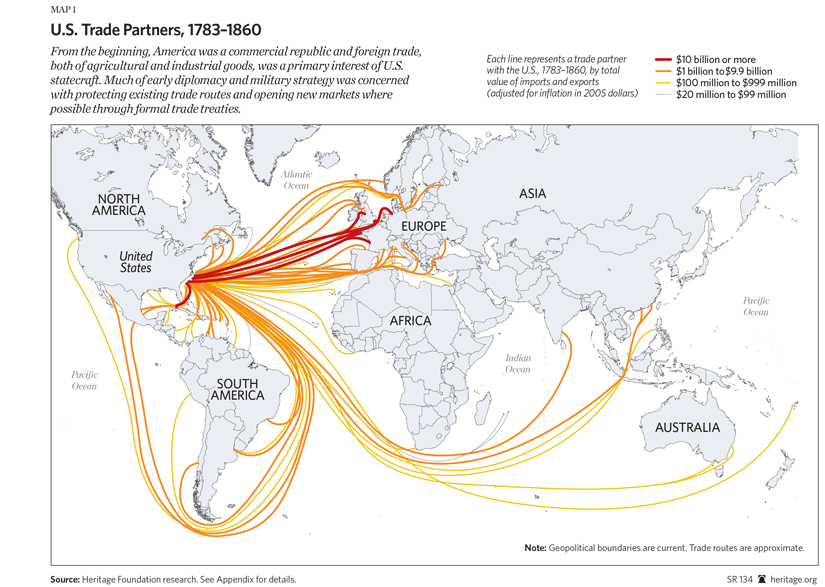The negative effects of imperialism are about how the majority of the population was not sure about what would happen in the end. George Washington's Farewell Address specifically said not to get involved with other nations problems. He said to work on us and to not worry about other nations. America, being engulfed in power, decided to get involved with every other nation out there not even taking the time to stop and think about what Washington said. Not to say that pursuing empire is the worse thing but it was a risky move. It obviously helped the nation in the end so maybe it was the right move. Just because every thing is good now, doesn't mean that it was good then. We lost so many lives in World War 1 and it makes you think if there way another way to go about it without the lives of thousands being taken.
My overall opinion of Imperialism is that it was a good thing. There are positives and negatives of it though. There are both of those in every situation in life. There are risks to every decision we make. There are also up-sides to ever decision we make. Sometimes you have to go with what is best for you and sometimes you have to go with what is best for others. Imperialism, I think, was good for us and it made the country we have today. Without all of these events, we would not have all our freedoms that we have today. America has flaws and we are working them out. Better to focus on the good rather than the bad.

































